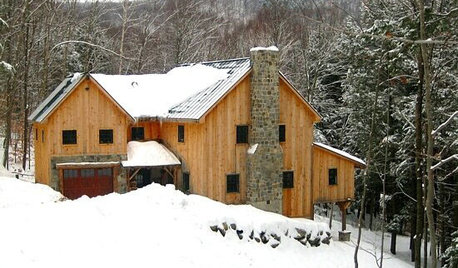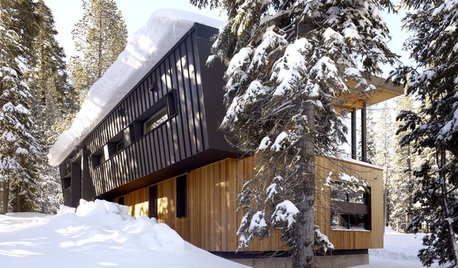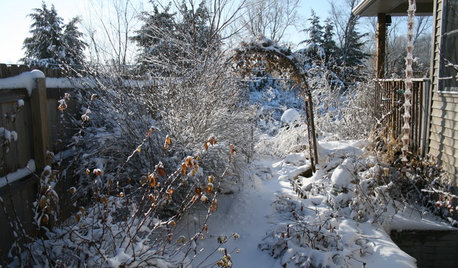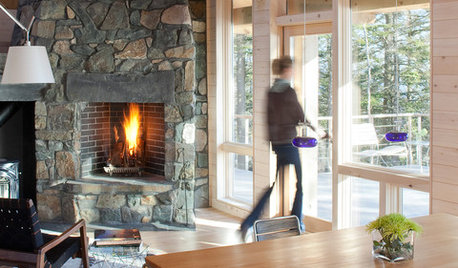preparing for winter
karen_rc
18 years ago
Related Stories

PRODUCT PICKSGet Prepared for Winter's Wonderful Ways
Are you ready for winter? It's ready for you. Here's how to weather the season with a smile
Full Story
Winterizing: Prepare the House for Snow-Day Activities!
Here's how to set up your home for when you can't play outside
Full Story
LIFEHow to Prepare for and Live With a Power Outage
When electricity loss puts food, water and heat in jeopardy, don't be in the dark about how to stay as safe and comfortable as possible
Full Story
TRAVEL BY DESIGNHow to Prepare Your House for a Home Swap
Trading homes for your vacation? Leave yours in great shape for your guests and help them enjoy a happy break with these 12 tips
Full Story
LIFEHow to Prepare Your House for Emergencies
Knock on wood you won't have any big mishaps at home, but it's important to be ready. Our checklist can help
Full Story
HOUSEKEEPINGGet Ready for Winter the Chilled-Out Way
Doing just a simple task a day for a dozen days will have you and your home saying, "Bring it on" to winter
Full Story
GARDENING AND LANDSCAPINGFall Checklist: 8 Ways to Winterize Your Patio
See how to get your deck or patio ready for cold, wet weather — and keep things in good shape for next spring
Full Story
LIFE6 Ways to Beat the Winter Blahs
Snow and dark days dampening your spirits? These ideas will have you looking on the bright side
Full Story
WINTER GARDENINGBranches Bring the Winter Spirit to Container Gardens
Add dimension and drama to winter pots with branches from austere to downright colorful
Full Story
SELLING YOUR HOUSE9 Tips for Selling Your House in Winter
Make your home stand out to buyers in a challenging season by upping its coziness and showing its potential
Full Story





tapla (mid-Michigan, USDA z5b-6a)
username_5
Related Professionals
Camas Landscape Architects & Landscape Designers · Severn Landscape Architects & Landscape Designers · Waunakee Landscape Architects & Landscape Designers · Arlington Landscape Contractors · Bell Gardens Landscape Contractors · Little Ferry Landscape Contractors · Long Branch Landscape Contractors · Santa Maria Landscape Contractors · Wanaque Landscape Contractors · West Coon Rapids Landscape Contractors · Ansonia Landscape Contractors · Ferguson Landscape Contractors · Dracut Window Contractors · Greatwood Window Contractors · Leicester Window Contractorslindac
tapla (mid-Michigan, USDA z5b-6a)
Chris_MI
karen_rcOriginal Author
clemmybug
susanzone5 (NY)
Dehaanrc_aol_com
glorybe
jane341_aol_com